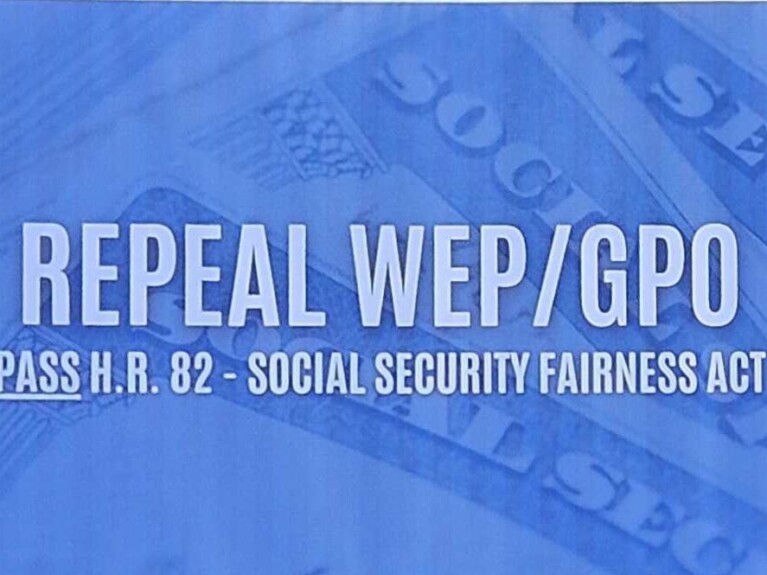NARFE to U.S. Supreme Court: Protect Federal Retirees from Discriminatory Tax Treatment by State Governments
| FOR IMMEDIATE RELEASE | Contact: Jill Talley |
| September 4, 2018 | 571-483-1291 |
Alexandria, VA – The National Active and Retired Federal Employees Association (NARFE), on Tuesday, September 4, 2018, weighed in with the Supreme Court of the United States (“the Supreme Court”) through an amicus curiae brief in the case Dawson v. Steager in support of a former U.S. Marshal challenging West Virginia’s discriminatory tax treatment of his federal annuity.
NARFE President Richard G. Thissen issued the following statement: “The Supreme Court’s ruling in Dawson v. Steager will determine whether federal retirees throughout the country will be subject to a different set of state tax rules than their state government counterparts. State governments must not be permitted to carve out exemptions to the general rule, set forth in Davis v. Michigan, that state and federal government pension income must be subject to the same tax treatment. If state governments are, more and more states will follow the lead of West Virginia, and one exemption after another will be granted to differing classes of state government retirees. The rule – that federal retirees, and their surviving spouses, must be treated the same as state government retirees – will face a death by a thousand cuts.”
James Dawson worked as a deputy U.S. Marshal, before receiving a presidential appointment to be the U.S. Marshal for the Southern District of West Virginia. He now receives a retirement annuity through the Federal Employees Retirement System (FERS), and sought an exemption from state taxation for all of his FERS annuity income. West Virginia law allows state law enforcement retirees to exempt from state income taxation all benefits received from four West Virginia retirement plans. In contrast, West Virginia law only allows Mr. Dawson to exempt a portion of his FERS income from state taxation.
Mr. and Mrs. Dawson are challenging the West Virginia State Tax Department’s denial of their claim to exempt from state income taxes the income earned from James Dawson’s federal retirement annuity based on his service as a U.S Marshal. That denial was upheld by a decision of the Supreme Court of Appeals of West Virginia. The Dawsons then appealed to the Supreme Court of the United States, which agreed to hear their case, Dawson v. Steager, earlier this year.
The Supreme Court will decide whether West Virginia’s differing tax treatment of the state and federal retirement income violates the doctrine of intergovernmental tax immunity, as codified in federal law (4 U.S.C. 111), and as decided by Davis v. Michigan. In Davis v. Michigan, the Supreme Court held that a state may not impose a heavier tax burden on retired federal government employees than retired state and local government employees, unless the discriminatory treatment is “justified by significant differences between the two classes.”
NARFE’s amicus curiae brief to the Supreme Court in Dawson v. Steager argues that limiting the scope of the Court’s decision in Davis v. Michigan will risk unfair tax treatment for more than 2.6 million federal annuitants nationwide, causing serious hardship to those annuitants.
Thissen extended his appreciation to the attorneys who represented NARFE on a pro bono basis, saying: “On behalf of all NARFE members and federal employees and retirees across the country, I would like to thank the attorneys Michael Vatis and Daniel Aldrich with Steptoe & Johnson, LLP, for preparing and filing the amicus curiae brief for NARFE.”
# # #
The National Active and Retired Federal Employees Association (NARFE), one of America’s oldest and largest associations, was founded in 1921 with the mission of protecting the earned rights and benefits of America’s active and retired federal workers. The largest federal employee/retiree organization, NARFE represents the interests of 5 million current and future federal annuitants, spouses and survivors.


